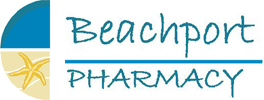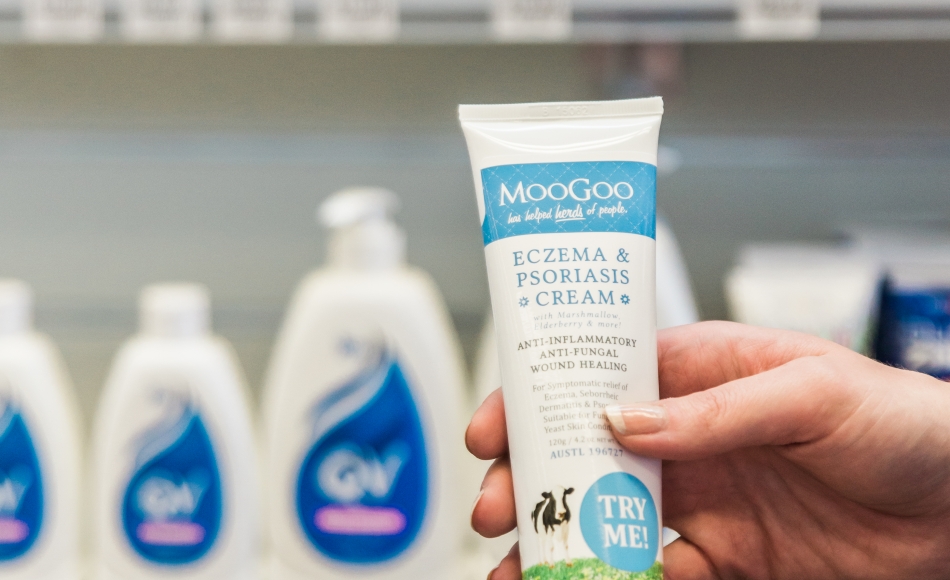Jul
2013
Beating problems of the Bowel
1359 – Beating problems of the bowel
After the cough/cold and pain relief departments, the next most frequented area in pharmacies is probably that where products for bums and tums are kept.
Perhaps, that’s not so surprising because symptoms of nausea, indigestion and gastro-oesophageal reflux are experienced by most of us at some stage. Also diarrhoea and constipation are quite common, and when they occur, are always annoying and uncomfortable. In most instances simple non- prescription treatments will help.
Fortunately these symptoms are often short lived – they are associated with so-called self limiting conditions – but, when they are long lasting and associated with chronic conditions, they can be very much more distressing.
Identification of the cause of continuing bowel problems is an important first step in deciding on a treatment strategy. Medication is sometimes required – often prescription medicines – but in any event non medication therapy – including dietary and stress management advice is also usually helpful.
For instance, there is no effective medication treatment for coeliac (pronounced see-lee-ak) disease, but a simple adjustment to diet can mean a life completely free of symptoms.
Symptoms of coeliac disease are not always readily evident; and when they do occur they can be vague and similar to (and therefore mistaken for) other bowel problems such as Irritable Bowel Syndrome (IBS).
Coeliac disease results from a permanent intestinal intolerance to gluten – the protein found in wheat, rye, barley and oats. Coeliac disease affects the small intestine – the part of the digestive system responsible for absorbing nutrients; so sufferers can become malnourished and easily fatigued with deficiencies likely in iron, vitamin D, folate and zinc. Consequences include osteoporosis, infertility and a small but real increased risk of some cancers.
Certainly IBS is more common than coeliac disease. About one in five Australians suffers with IBS at some time. It, too, runs in families, but generally begins in early adulthood (by comparison, young children can suffer with coeliac disease) and IBS affects more women than men. Symptoms of IBS can vary with sometimes diarrhoea and sometimes constipation predominating. With some people symptoms alternate between diarrhoea and constipation. Other symptoms include bloating and abdominal pain and cramping. Of course, the choice of medication will depend on which symptoms are the most problematic and dietary modification is usually helpful as well.
Peppermint oil capsules (eg: Mintec) can sometimes help the bloating and antispasmodics such as Buscopan may be helpful in treating the cramping pain.
Fibre supplements taken routinely and laxatives on an “as necessary” basis can be used for predominantly “constipation IBS”; but care needs to be exercised with the soluble fibre supplements such as those based on psyllium as these can worsen symptoms such as bloating and flatulence.
Whilst coeliac disease can be treated successfully with a gluten-free diet and the symptoms of IBS often respond to a mix of medication, avoidance of triggers and fibre intake adjustment, the conditions known collectively as inflammatory bowel disease – Crohn’s disease and ulcerative colitis – can cause significant disability and require long term therapy.
The main difference between these two diseases is that Crohn’s disease may involve any part of the digestive tract from the mouth to the anus (although more commonly the small and/or large intestine) whereas ulcerative colitis only affects the rectum and the colon.
You can get more advice about these conditions affecting the lower part of the gastro-intestinal tract from the Pharmacy with Self Care health information.



















There are no comments yet for this post.